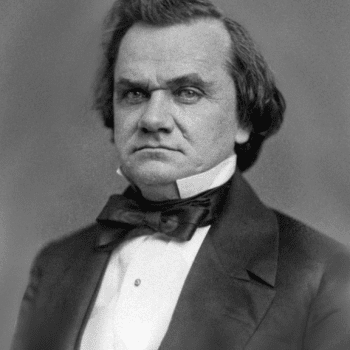Presidential campaigns (and statewide races that ride the national political debate) are expensive in the extreme because they’re tactically focused on convincing the people who are the most difficult and, hence, most expensive to convince. And, arguably, the more money that is spent by both sides trying to convince the undecided helps keep them unconvinced — hence, requiring more resources in this illogical quest. The two main principles of marketing — not spending more than the sale is worth; focusing the most resources on the most susceptible buyers — are thrown out in presidential politics.
Billions are spent not only on the few, but on the diffident, bored, resistant and dumb. (If you haven’t made up your mind by this point, you probably aren’t capable of making up your mind.)
Who most directly benefits? Local television stations, and the large media companies that own them. (Among them is USA TODAY parent Gannett, which owns 23 television stations.) Also benefiting are the consultants who buy this media and whose fees are a reflection of the amount of media they buy. Politics is a large and lucrative business offering a clear payoff to a small set of players, who are almost never singled out in the debate about campaign finance reform.If rich men such as Sheldon Adelson ultimately earn some advantage from backing a winner, theirs is a vastly more indirect and uncertain gain than that of station owners and political operatives.
Curiously, nobody asks the most obvious question. Why do campaigns continue to buy, almost to the exclusion of all other media, local broadcast television? It is more costly and less efficient — that is, less targeted — than cable, digital, or even newspapers, all of which attract scant political dollars.
The answer is probably simple. Broadcast television, with its vast audience and quick reach, is not only the most expensive option (not least because its space is most limited), but its use most efficiently perpetuates a seesaw effect. One candidate’s media buy must be balanced by another candidate’s media buy. The strategic goal becomes about trying to raise more money to spend more money to achieve a minor edge.
The exact people each campaign should be spending less on end up, to the enrichment of media and consultants, getting vastly greater attention and dollars. The cheapening of the debate is an inevitable side-effect. It’s all about, in 1950s mass market advertising, repetition. It’s a beautiful, and old-fashioned (think selling soap in the 1950s), advertising loop — the more repetition, the more market share — benefiting media companies.
via Michael Wolff: Give campaign ads free TV time.
Wolff goes on to propose a solution: Since television stations are publicly licensed, let’s require them to provide free air time for political campaigns.
What do you think of that? It seems rather tyrannical to force companies to give away their products for free. And wouldn’t free ads just continue the dysfunctional marketing strategies? It would seem that the solution would be for one or perhaps both candidates to refuse to take the bait, to concentrate their spending on targeted advertising, online and elsewhere.
















